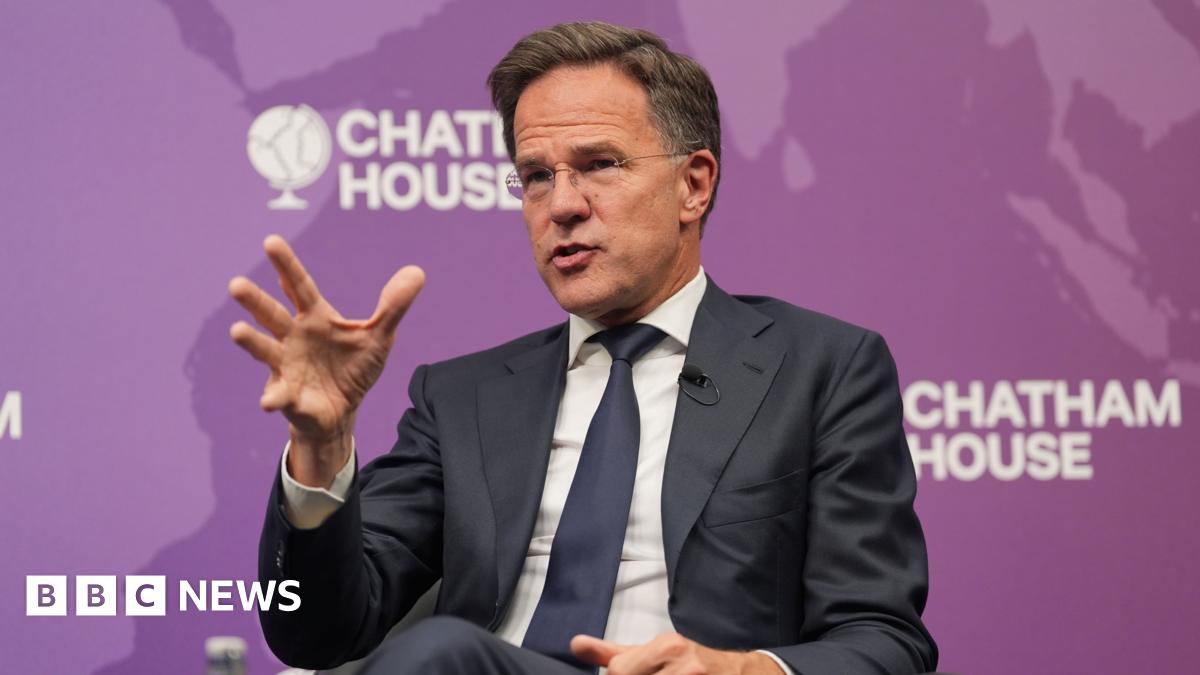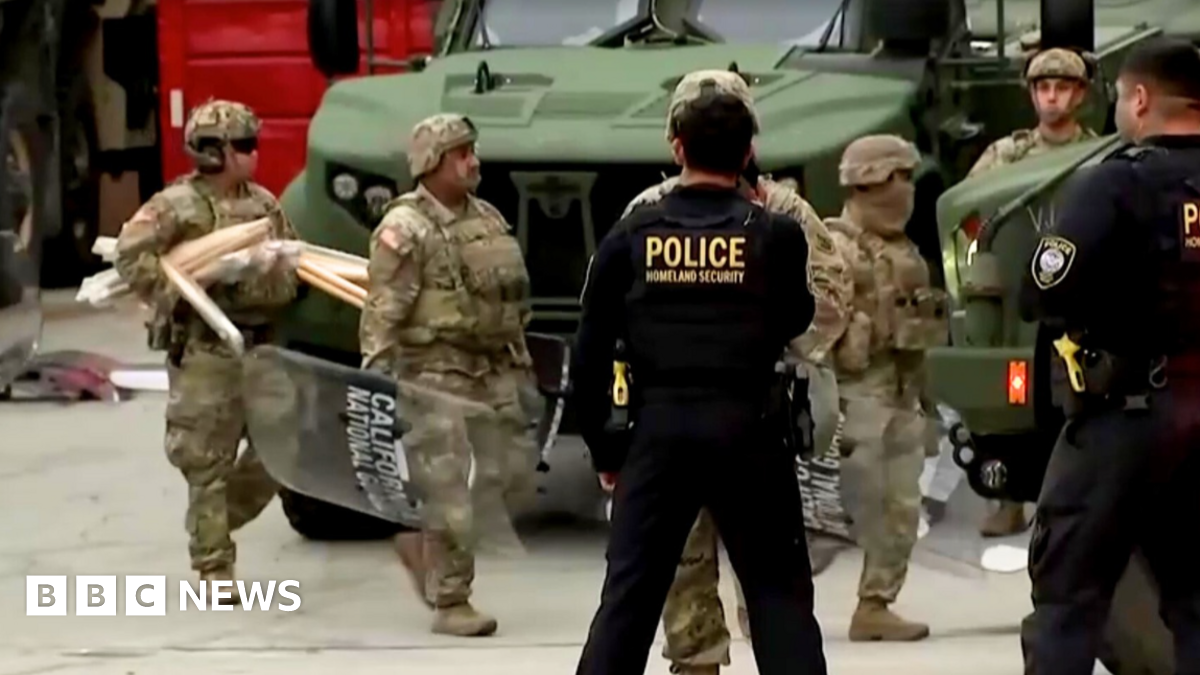Nato Chief Warns of Russian Threat: Calls for 'Quantum Leap' in Defence Capabilities

London, UK – In a stark warning delivered in London, Nato Secretary-General Mark Rutte has asserted that Russia could be poised to deploy military force against the alliance within the next five years. This assessment has triggered urgent calls for a significant overhaul of Nato's defence posture, with Rutte specifically demanding a “400% increase in air and missile” capabilities to ensure credible deterrence.
Speaking at a high-profile event, Rutte underscored the evolving geopolitical landscape and the need for Nato to adapt to emerging threats. While avoiding overly alarmist language, his comments were designed to galvanize member states into accelerating investment in defence and bolstering their collective security.
“We need to be realistic about the challenges we face,” Rutte stated. “Russia’s actions in Ukraine have demonstrated a willingness to use military force to achieve its objectives. We must be prepared for all eventualities.” The Secretary-General stressed that a robust and credible defence is not just about military hardware, but also about demonstrating unity and resolve among Nato allies.
The call for a 400% increase in air and missile defence is particularly significant. It highlights the perceived vulnerability of Nato airspace and the need to protect critical infrastructure from potential attack. Experts suggest this increase would necessitate substantial investment in advanced missile systems, radar technology, and early warning capabilities. Furthermore, it would require improved coordination and integration of air defence assets across member states.
Rutte’s remarks come at a time of heightened tensions in Europe, with the ongoing conflict in Ukraine dominating the security agenda. The war has served as a wake-up call for Nato, prompting a reassessment of its strategic priorities and a renewed commitment to collective defence. Several member states have already announced increased defence spending, but Rutte’s call suggests that more needs to be done.
Beyond the immediate threat from Russia, Rutte also alluded to the broader challenges posed by technological advancements, particularly in the realm of quantum computing and artificial intelligence. He emphasized the need for Nato to invest in these areas to maintain a technological edge over potential adversaries. “We must ensure that we are not caught off guard by future technological breakthroughs,” he warned.
The coming months are likely to see intense discussions among Nato member states about how to respond to Rutte’s call for a “quantum leap” in defence capabilities. The financial burden of such an undertaking will be a key consideration, as will the need to ensure that investments are aligned with Nato’s strategic priorities. However, the Secretary-General’s message is clear: the security of Europe is at stake, and decisive action is needed.
The challenge now lies in translating these warnings into concrete action and ensuring that Nato is prepared to face the threats of tomorrow. Failure to do so could have dire consequences for the security and stability of the Euro-Atlantic region.





